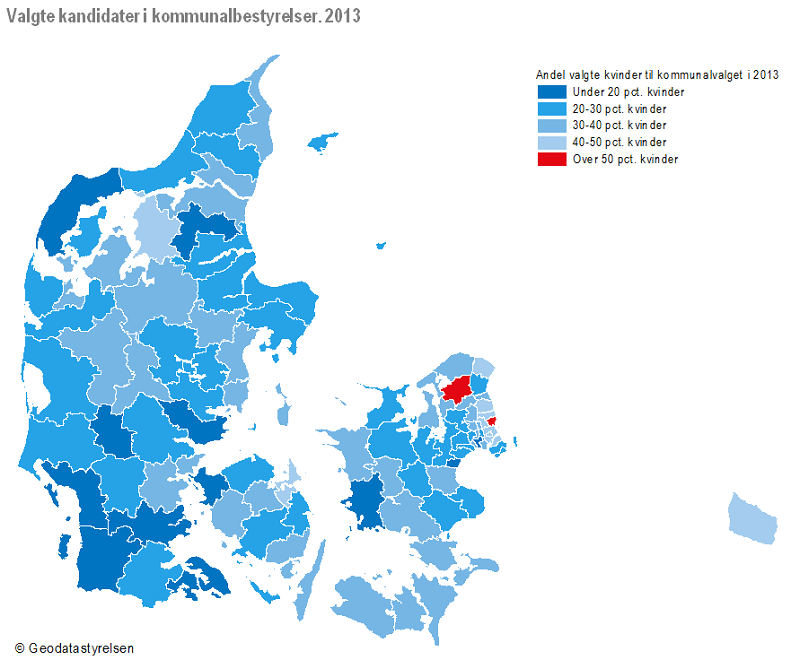News
Men still hold the political power in Denmark
This article is more than 8 years old.
Under 30 percent of the elected local officials are women

It’s a man’s world for Mette Engelbrecht in Brøndby Municipality (photo: Brøndby Municipality)
It may very well be International Women’s Day today, but when it comes to the political sphere in Denmark, women remain woefully outnumbered.
According to the last local elections in 2013, less than 30 percent of the elected local politicians were women – a situation unchanged from 2009 and 2005.
The most male-dominated municipality was Brøndby, where just two out of the 19 local politicians were women, but the results were also poor in Sønderborg and Thisted in Jutland, where only four out of the respective 31 and 27 councillors were women.
READ MORE: More women bringing home the bacon in Denmark
Get in there Gentofte
In fact, women accounted for less than 20 percent of the local politicians in 13 out of Denmark’s 98 municipalities. In 39 municipalities the percentage ranged from 20-30.
Only two municipalities had a majority of women: Gentofte, where 11 out of 19 were women, and Hillerød, where 14 out of 27 were women.
Women are also under-represented in Denmark’s regions as well. Some 60.5 percent of those elected onto the regional councils in 2013 were men – the worst case was in Region Syddanmark, where 31 out of the 41 members were men. Region Nordjylland was the only region in which women outnumbered their male peers.











































